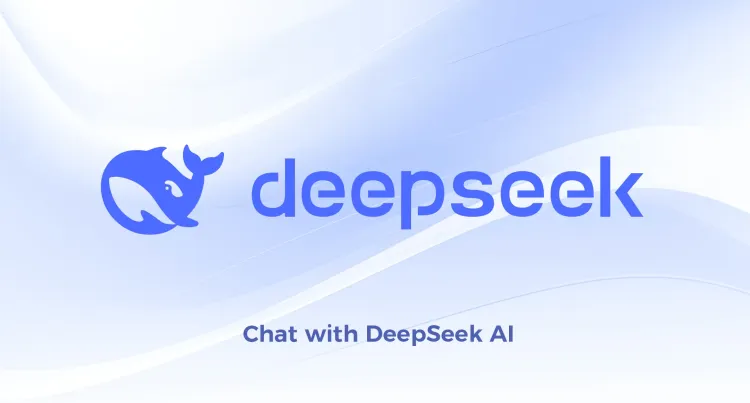What Did DeepSeek Reveal About Its Revised Information Processing Policy?

Synopsis
Key Takeaways
- DeepSeek revised its privacy policy amid controversy.
- Unauthorized data transfers violated user consent.
- South Korea is advancing its AI capabilities.
- 10,000 GPUs will be secured for AI development.
- Compliance with the Korean Personal Information Protection Act is emphasized.
Seoul, April 28 (NationPress) The Chinese artificial intelligence (AI) service DeepSeek, which recently faced backlash for the unauthorized transfer of Korean user data, has unveiled a Korean-language version of its updated information processing policy on Monday. This announcement follows a revelation by the Personal Information Protection Commission (PIPC) that DeepSeek shared Korean users' personal information with three Chinese companies and one based in the United States, all without proper consent or disclosure in its privacy policy, according to reports from Yonhap news agency.
Furthermore, the PIPC highlighted that DeepSeek transmitted user inputs to Volcano, a company linked with ByteDance, the parent organization of the popular social media platform TikTok. The PIPC has urged the Chinese firm to promptly establish legal justifications for its international data transfers, eliminate the prompt data, and make its information processing policy available in Korean.
In its revised policy, DeepSeek has implemented a distinct supplementary regulation for South Korea, committing to handle personal information in accordance with the Korean Personal Information Protection Act.
DeepSeek had suspended its operations in South Korea on February 15 this year, just a month post-launch, amidst escalating concerns regarding its data management practices, and has yet to recommence services.
Meanwhile, South Korea is striving to develop its own iteration of ChatGPT, the AI chatbot from US-based OpenAI. Acting President Choi Sang-mok recently asserted the government's commitment to providing full-scale support for research and development (R&D).
During a high-level committee meeting aimed at establishing South Korea as one of the leading AI powerhouses globally, Choi emphasized the importance of collaboration between government and private sectors.
To enhance AI capabilities, the government plans to acquire 10,000 high-performance graphics processing units (GPUs) within this year. As of the end of 2023, South Korea had about 2,000 GPUs, a vital element for AI advancement.
Choi affirmed that the government would allocate substantial GPU resources and research funding to ensure the nation's leadership in AI innovation.









